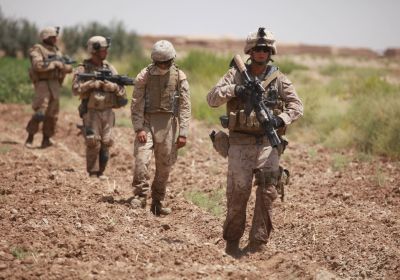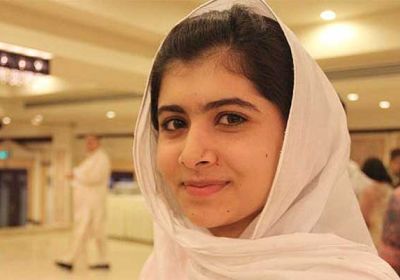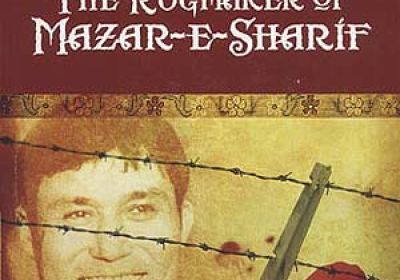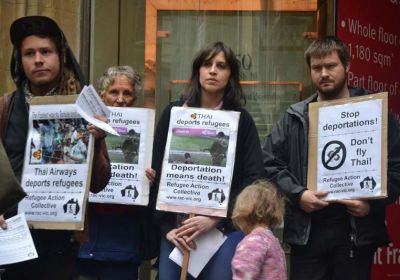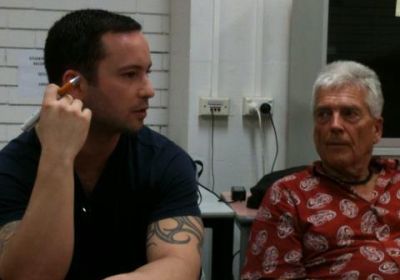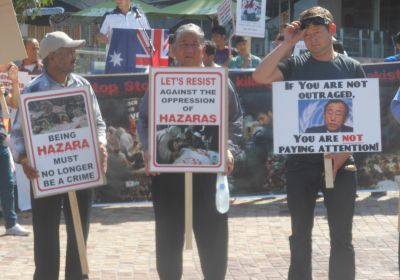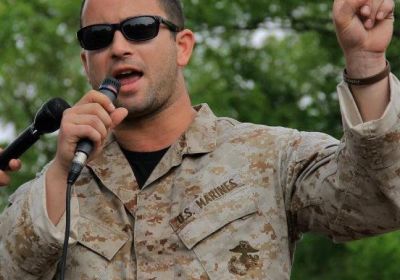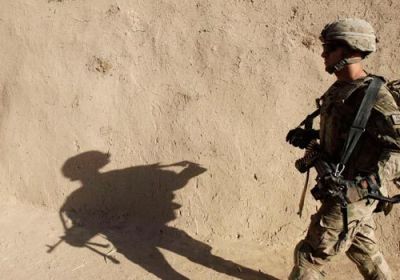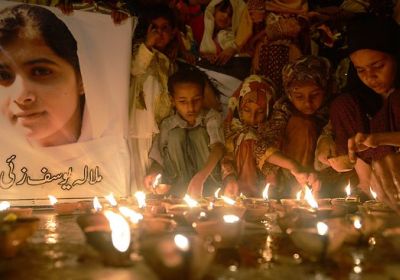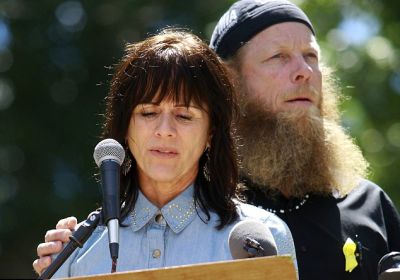
Since the Obama administration arranged for the release of Sergeant Bowe Bergdahl, the last US prisoner of war held by the Taliban in Afghanistan, there has been a firestorm of outrage from the right wings of both the Republican and Democratic parties.
Bergdahl has been pilloried as a traitor. His father has been denounced as a Muslim. Senators called for him to be court-martialed and thrown into the military stockade.
What is Bergdahl’s crime? While deployed in Afghanistan, he became disillusioned with the war and said so in emails to his family.
